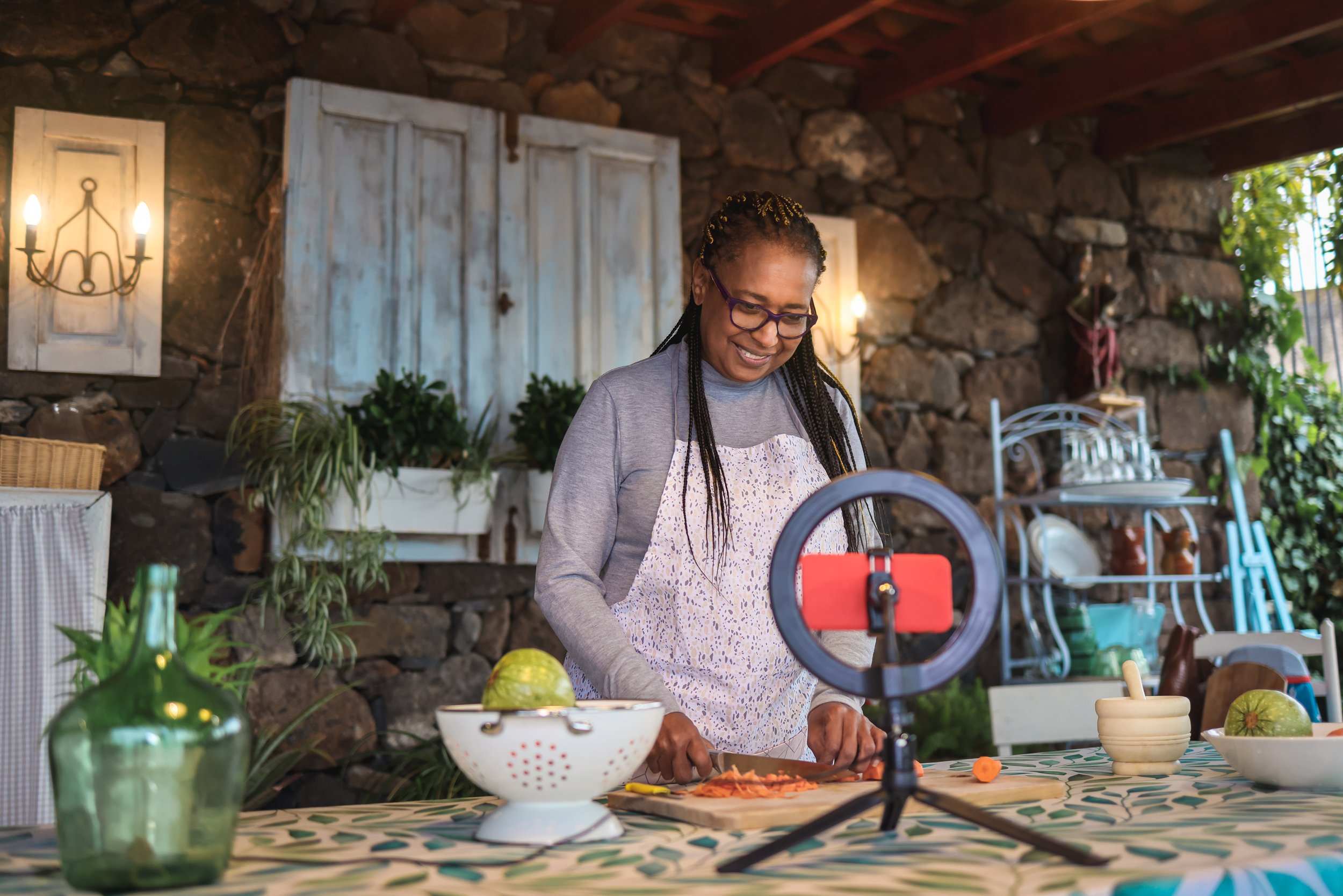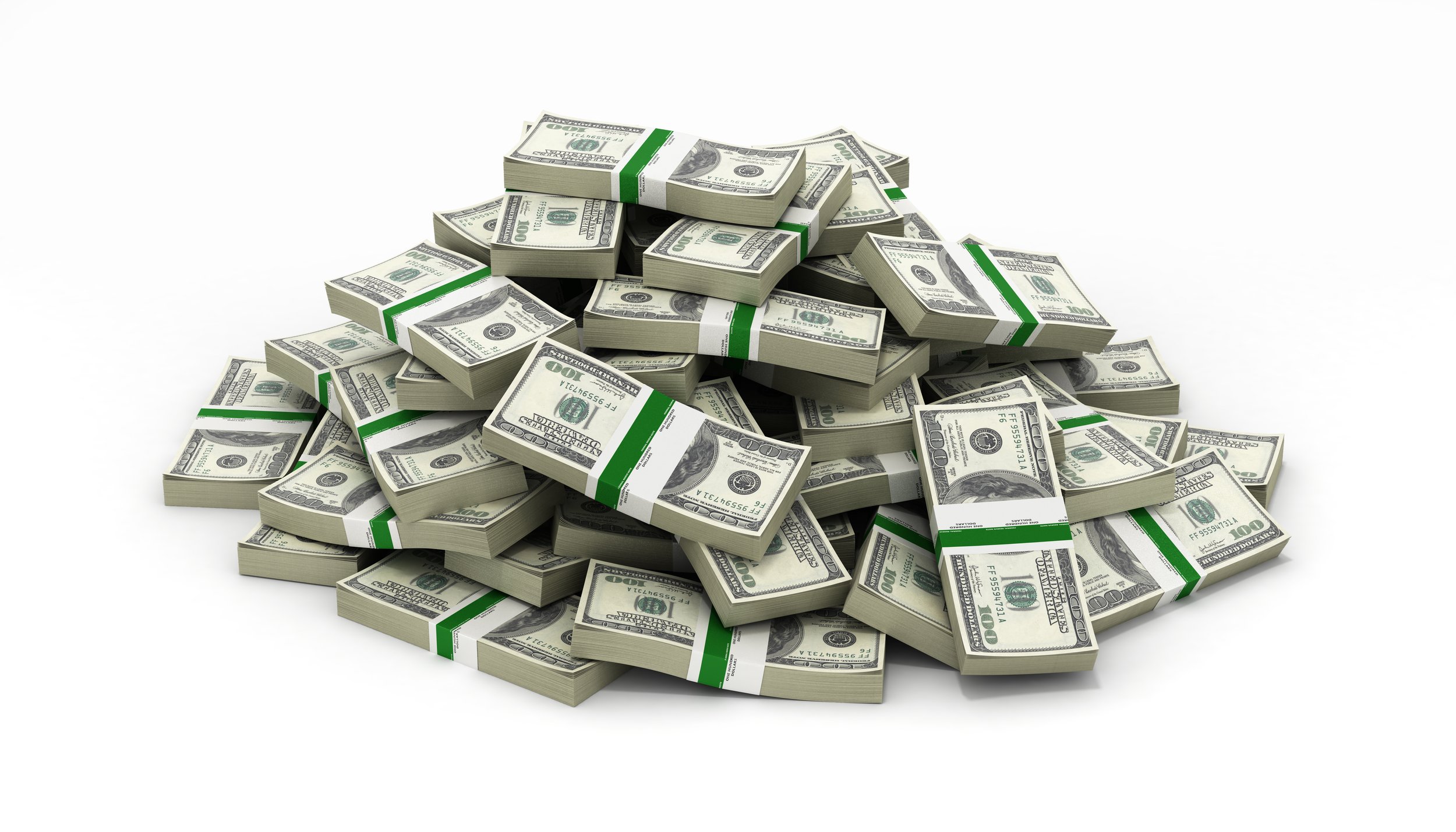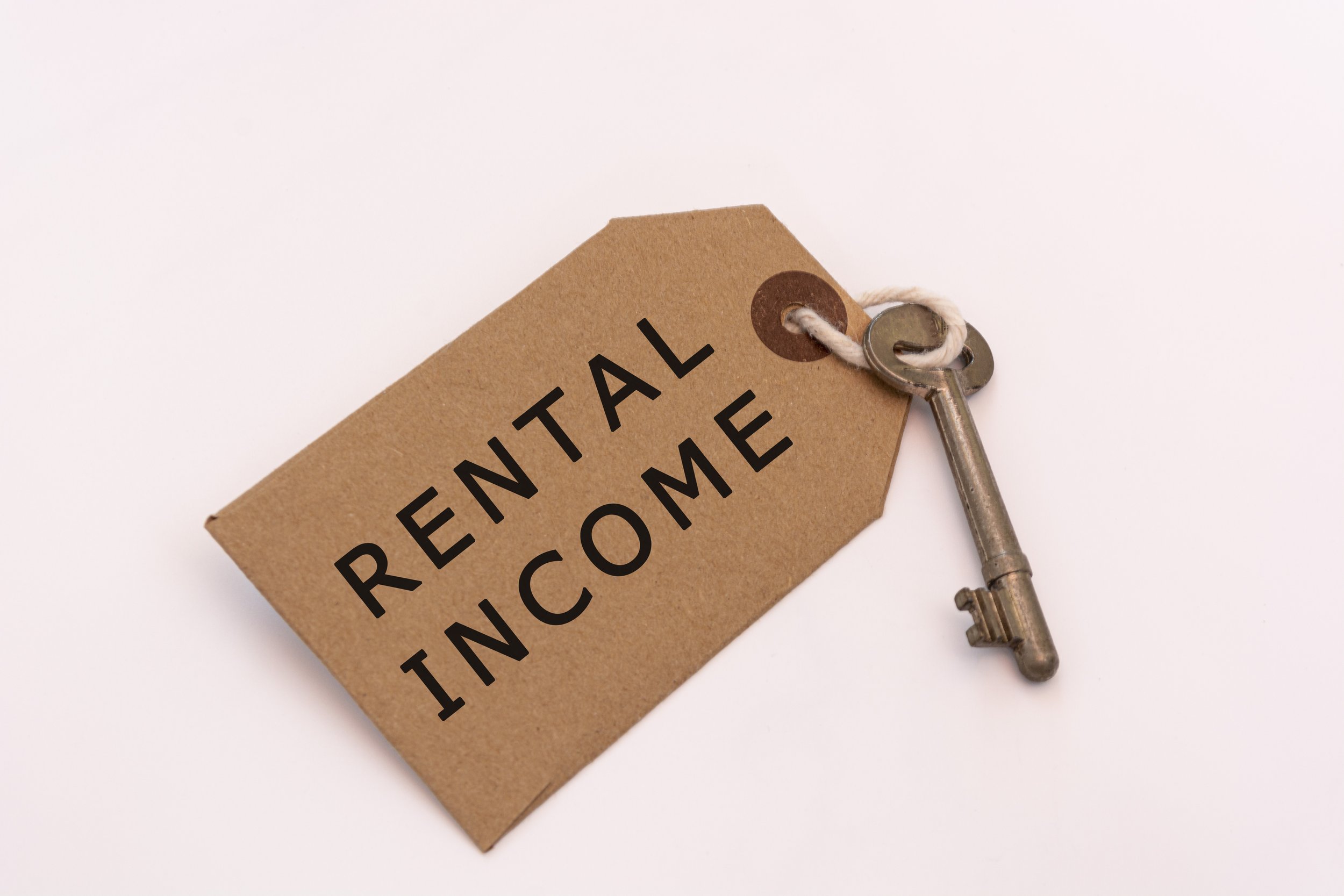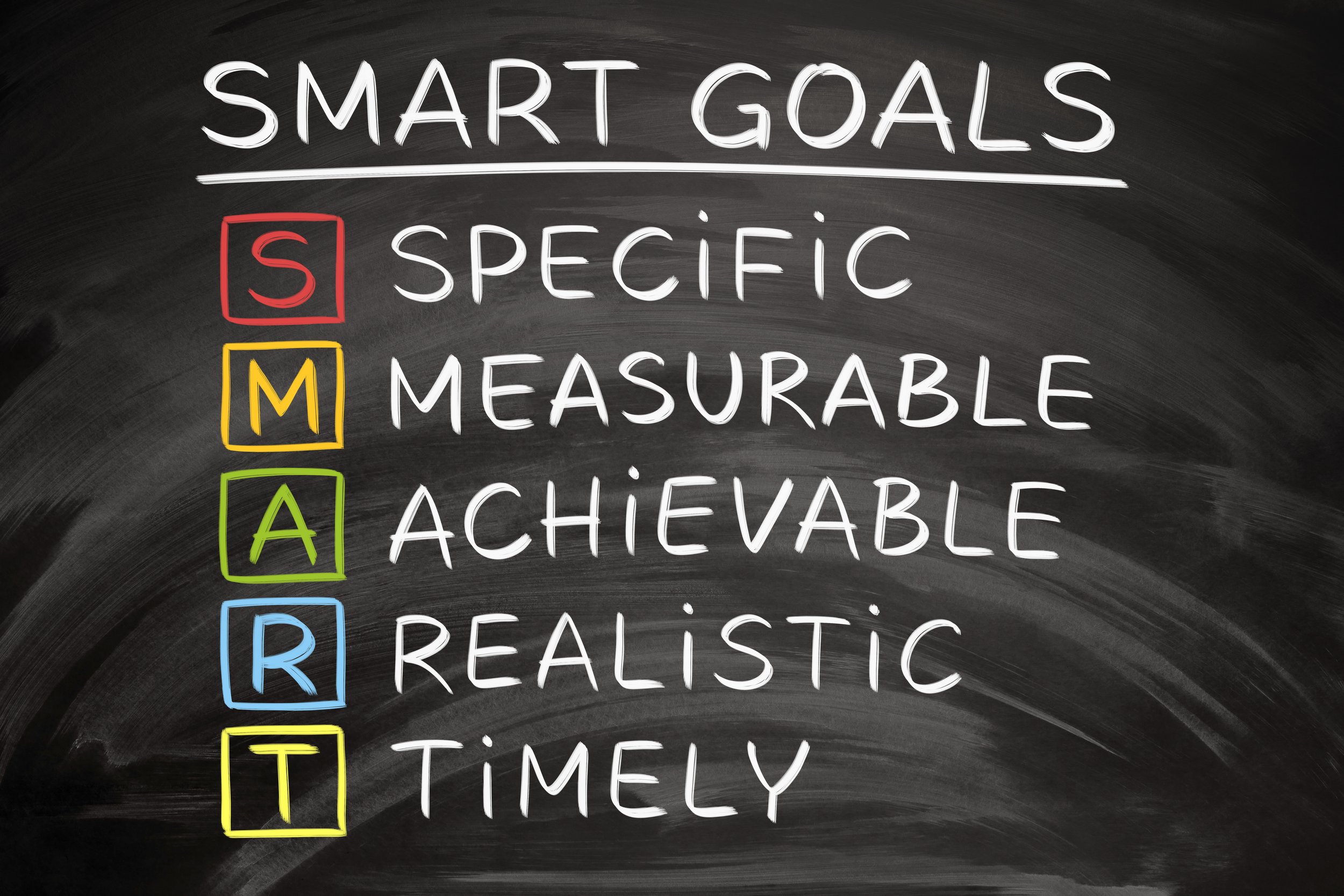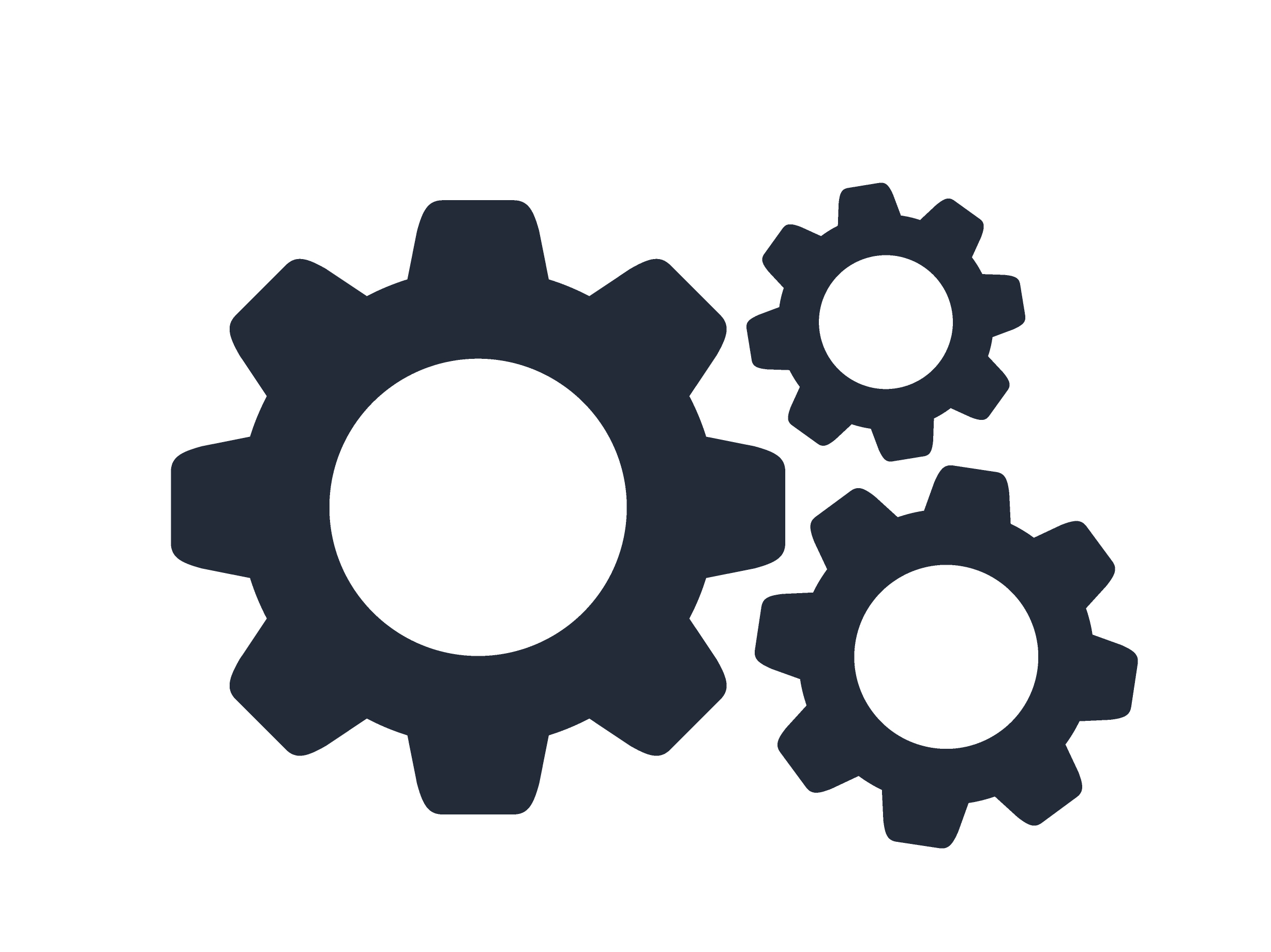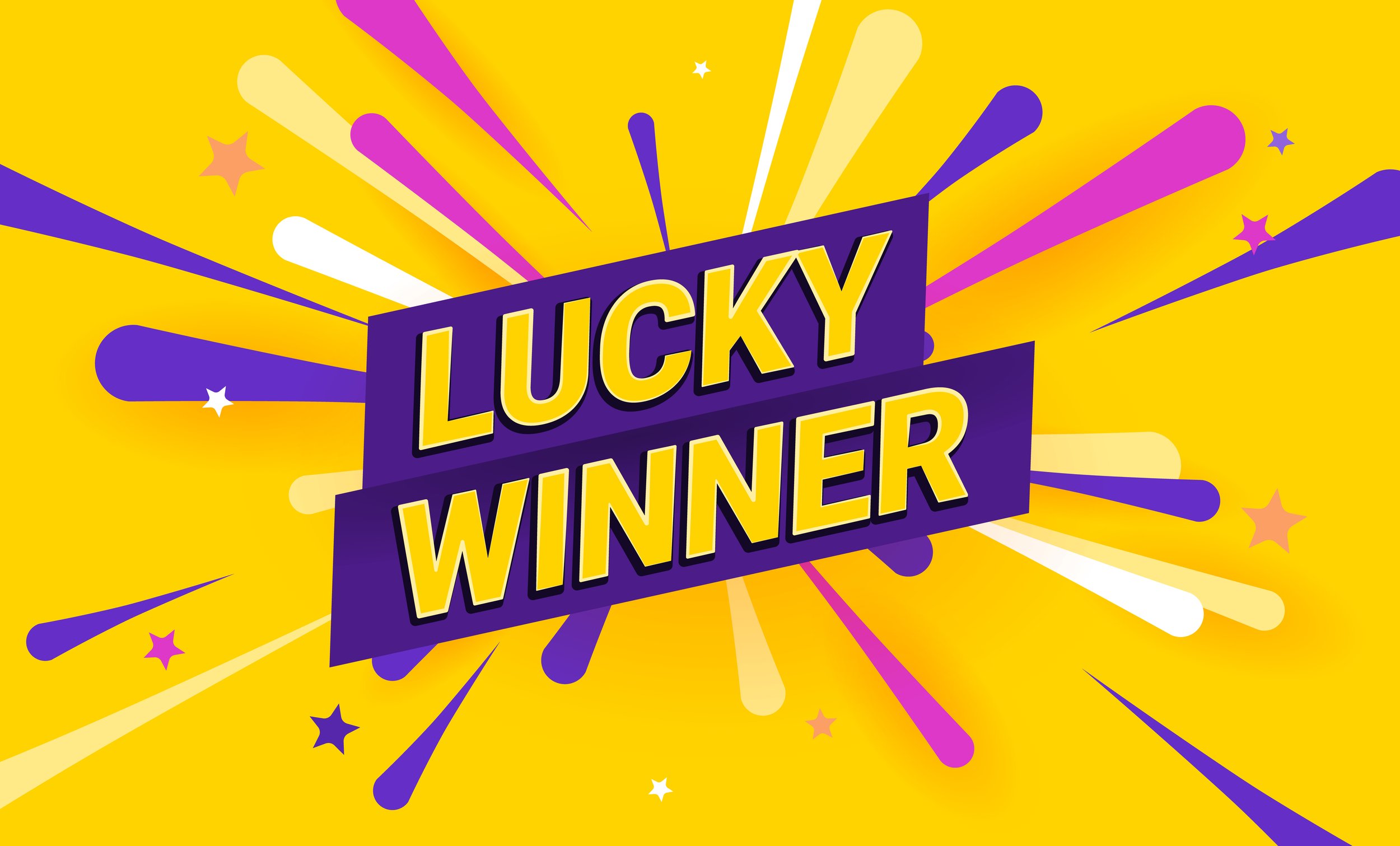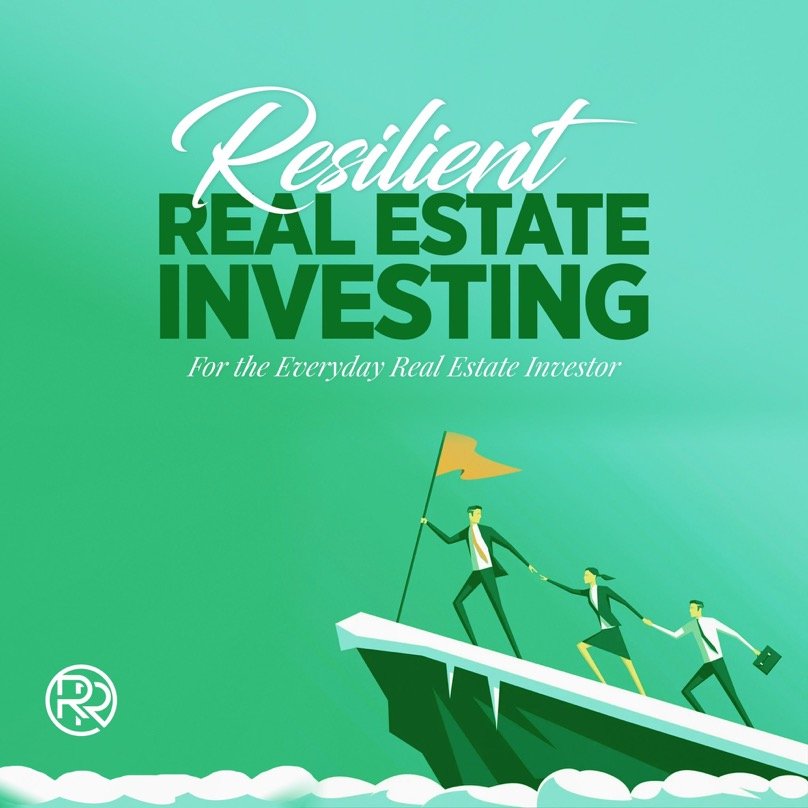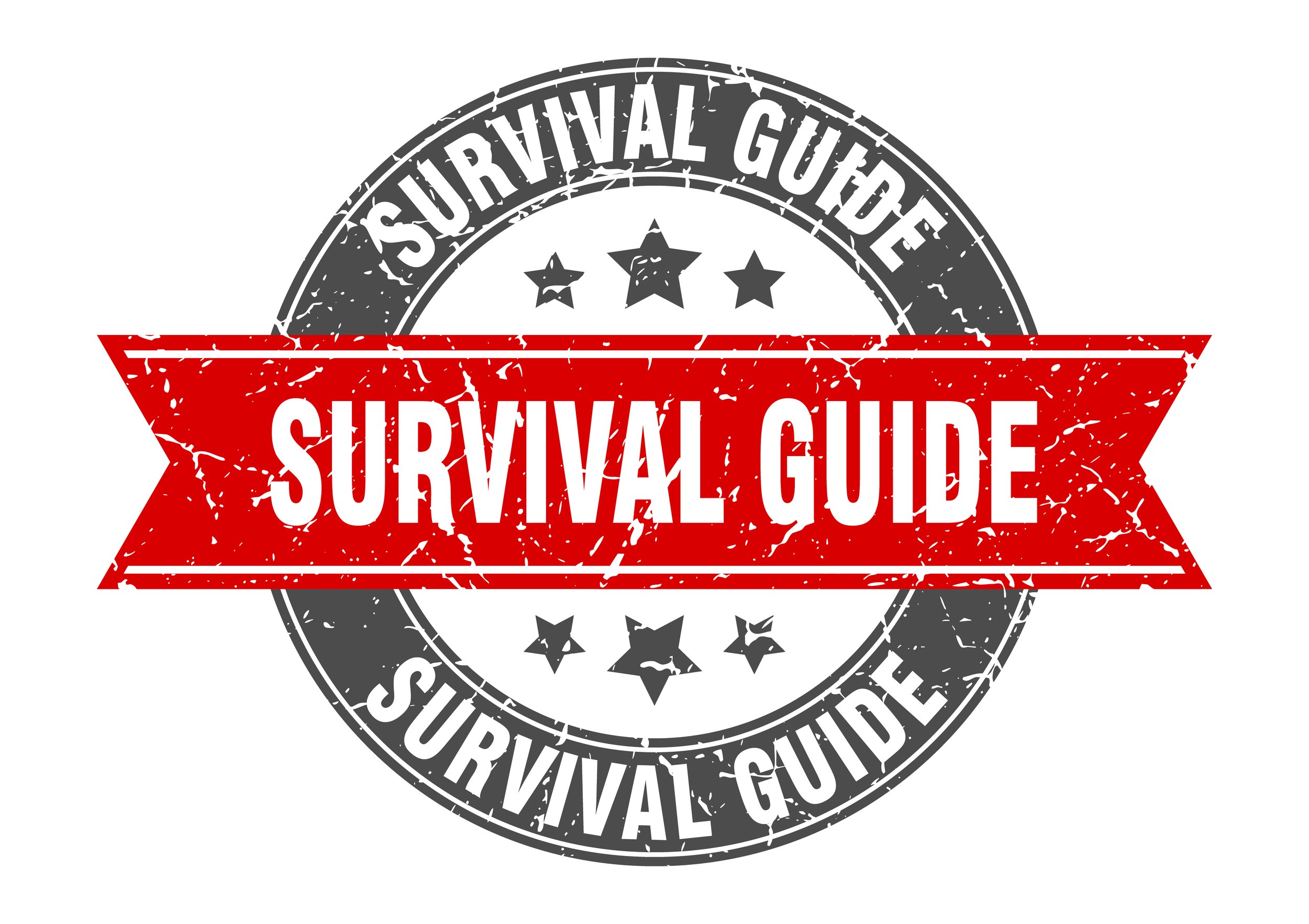The Power Of Good Enough: The Difference Between Maximizers & Sufficers.
A crooked shelf will still hold books!
Introduction
I recently talked to a friend who is interested in buying a house in the Seattle area (now that there is a little inventory again). They were asking me about my home purchase in 2020 and how I was able to decide on a house to buy. They were shocked to learn that I made my decision in less than 24 hours during a time of high uncertainty in the world (May of 2020 was a scary time where there were many unknowns related to the global pandemic).
I explained to them I made a short list of requirements, the town I wanted, a newer home, around 2,000SF, walking distance to parks, with large closets and a modern kitchen. I sent the list to my realtor, who lined up 5 homes to tour. I toured 4 of them. decided 2 of them were good enough and put an offer in on the spot. The 2nd home would be good enough if I lost out on the first home.
They, on the other hand, had been agonizing over their potential purchase for over 6 months, evaluating various financing options, locations, the features of the house, what if they had kids down the road, the schools, was the housing market overpriced? What if they had to move for work?
In fact. they were so stressed about the purchase that I was concerned that if they ever did settle on a house they’d have buyer’s remorse over all the possible missed opportunities they’d given up by having to make a decision.
Out of curiosity I did some reading about what makes some people able to make large life-changing decisions in a snap and others agonize over every little detail. I discovered that myself and my friends fall into two very different camps when it comes to making big decisions.
They were what we call a Maximizer, and I was clearly a Sufficer. What are these?
What Is A Maximizer?
A maximizer is an individual who consistently seeks the optimal outcome for any endeavor. Maximizers tend to be perfectionists, but “maximizer” and “maximizing” are particularly associated with decision-making processes rather than describing a generally uncompromising approach to life.
What Is A Sufficer?
A sufficer seeks to make sufficient decisions. with the end goal of being satisfied with the decision. They look to get tasks done. They understand perfection doesn’t mean it’s better, and they prefer to make a decision that gets the job done and moves on.
“Simon believed that when satisficers are presented with a decision to make, they will consider what they want to gain or preserve from a situation, then evaluate their options to find the solution that meets their requirements.”
Quote from PsychologistWorld.com
For example:
If you need a trashcan for the kitchen, a Sufficer will likely just pick from the 2 or 3 options available at the local store; they don’t care if there is a cheaper one online or if one fits the kitchen decor a little better from another store.
They want something that holds trash, maybe has a lid on it to keep the dog out of it, and will hopefully last for a long time. But, in the bigger picture, they realize that this decision has minimal impact on their life happiness and doesn’t merit further research.
New Information Changes Things
New information changes everything for Maximizers, but not so much for Sufficers
We’ve all been there; you make a big decision like buying a car, or a house, you think the deal was pretty good, it checked all the boxes, but a friend or family member chimes, “well if you’d bought from this dealer or agent instead you could have saved $500”. Or “I heard that car had a recall on it, you shouldn’t have bought it”.
If you’re a Maximizer you might agonize over this!
You did your homework, you read all the reviews, the safety rating was good, and it was within you budget, you spent weeks searching all the dealers in the area for the absolute best deal. But now?! UGH!! You’re not so sure, maybe you should’ve boughten something else, or used the dealer across town to save a little extra money.
The sufficer doesn’t pay any attention to this noise. A decision was made, it meets the core requirements of starting every time you turn the key, and was within your budget. Plus added bonus you like the look of the new car, you figure you can get 10 years of worry free use out of it.
Great, you’ve mentally moved on and don’t really care if something was slightly better, slightly cheaper, or would have slightly more resale value. In the big picture it’s good enough. You also recognize many things are out of your control.
You could “optimize” this decision based on information currently available but tomorrow new information could come to light like a safety recall, or someone hitting your car when it’s parked in a parking lot that would completely change the situation. You’ll take it as it comes.
Amazon Decision Making Framework
Neither approach is perfect for all decisions. Some decisions will be made better by maximizers and some will be made better by sufficers. It’s important to take your type with a grain of salt, especially when it comes to long-term decision making.
When I interviewed to be a manager at Amazon a few years back, I reviewed some of the leadership material published by their founder, Jeff Bezos. His leadership philosophy teaches there are 2 main types of decisions we encounter as leaders.
Reversible Decisions:
These are decision that are of low consequence and are reversible. These decisions should be made quickly or delegated to others. If you make the wrong decision, the cost is low. Most people spend far too much time on them, and you usually know what should be done anyway.
Using this method is empowering because it reduces the pain point with making regular everyday decisions. You accept you may make a mistake from time to time, but generally you’ll be correct in your assessment and proceed with a “good enough” option. This is very much how a sufficer operates.
Irreversible Decisions:
Irreversible decisions require more thorough review, they tend have a high cost associated with them either in time, money, or opportunity. You should do your research do a cost benefit analysis, and consult with sources that have more information than you. Such as an subject expert, real estate agent, or car buying guide.
Bezos called these types of decisions “one-way doors” in a 2015 shareholder letter. He wrote, “If you walk through and don’t like what you see on the other side, you can’t get back to where you were before.”
From a CNBC article on Amazon founders decition making framework
At first glance, you might think a Maximizer would be well suited for irreversible decisions. However, ironically, these Irreversible decisions in life are often not answerable thru analyzing data alone.
Major life decisions such as getting married, if you should have kids, starting your own business will often come down to using your intuition, past experiences, and your gut. Make sure the information you rely on is accurate to allow you to make the best gut decision possible.
When faced with an irreversible decision, Maximizers need to accept there may be no perfect choice, and a compromise may need to be made. Try to steer clear of the analysis paralysis trap. Recognize when you have enough information and listen to your gut.
Sufficers, on the other hand, should slow down. Ensure the information is accurate and complete, and consult with sources that may have experience in the topic at hand to highlight any blind spots you may have.
Where Do I Fall On The Spectrum?
I am defiantly a Sufficer!
When deciding on something, I quickly outline the requirements I’m trying to meet, review a couple of options, and then decide. While I’m not impulsive, once I am confident in the information, I will often make large or life-changing decisions within a few minutes.
Furthermore, once I’ve made a decision, I don’t have feelings of regret or ask myself “what if I had made a different choice?” I recognize that not all decisions will be optimal, and we just need to make the most of it when unexpected outcomes happen.
In previous job where I was responsible for spending $1 Million per week it was critical for me to quickly make big decisions and move on. I quickly learned that most decisions were good enough, occasionally a decision had to be revised when new information came to light or the needs of the company changed over time. That was OK, I’d make the adjustments needed and quickly ge moveing again.
Conclusion!
So back to my friends who live in Seattle it’s been a few weeks now have they bought a new house yet? Well sort of, they didn’t buy a house, but they are paying for one to be built. It’ll be a while before its done but this way they can make sure every little detail is “just right” I’m happy for them, but I also wonder if they are ready for all the decsions required to build a house!
Make sure you Join our Community so you don’t miss out on future updates!






